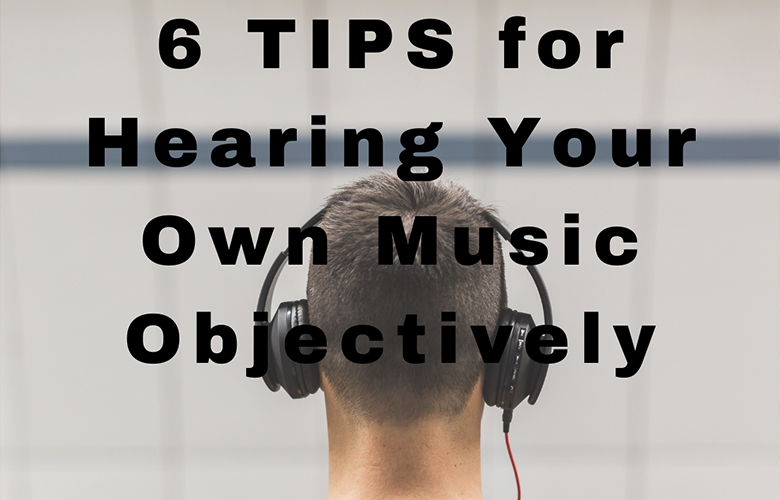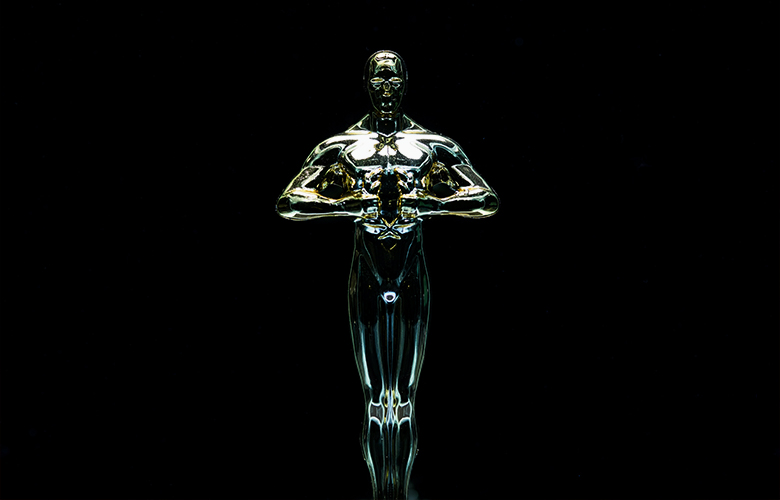
I recently had a conversation with a young songwriter, who found it frustrating trying to objectively scrutinize her own music. “I can’t even tell if a song I wrote is good or horrible.” It reminded me of the first time I was able to hear my own music objectively. It’s a really interesting story that I sort of forgot about. In recalling it, I realized there must be a way for songwriters and artists to hear their music objectively without the utter humiliation that I experienced. Let me explain.

No one seemed to be that interested in watching the Oscars this year. Maybe it’s because the usual opulence and glamor was dulled by the necessary COVID precautions. Maybe it’s that award show viewership has been on a steady decline across the board for years. But it could also have something to do with taste. The biggest shock of the night came just before its end when Anthony Hopkins won best actor over Chadwick Boseman. The outrage some people feel over this type of perceived slight is often directed at the academy as whole, as though the coronation of Oscar winners comes about through unanimous voting instead of a glorified popularity contest. It’s a majority decision based on subjective taste. The academy members aren’t voting for THE best picture (some of them don’t even watch all of the nominated films), they are voting for THEIR best picture. The one that touched them personally, not the film that was objectively better than all others. It’s an arbitrary decision made by people whose only claim to “expertise” is a professional connection to the film industry. And since these decisions are made collectively and anonymously, the element I find most interesting is missing: the personal connection that each academy member has to their favorite films and performances.




